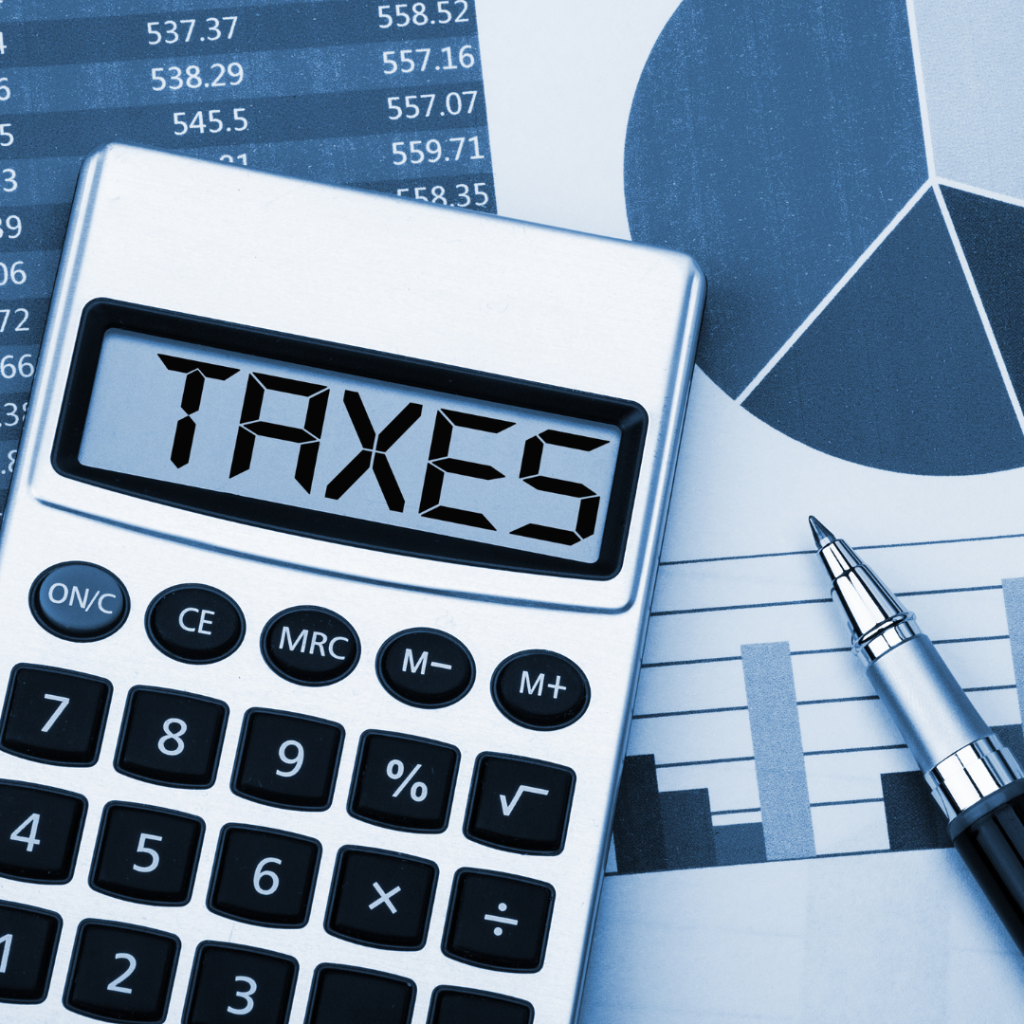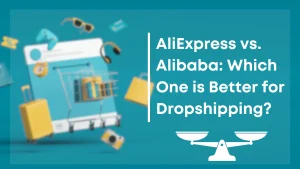Dropshipping is a popular business strategy in which you sell things to clients without owning or shipping them. This might be an excellent approach to launch a low-cost internet company. However, it is critical to understand the tax ramifications of dropshipping, particularly if you sell to consumers in the United Kingdom (UK).

What exactly is VAT?
VAT, or Value Added Tax, is a sales tax paid on products and services in the United Kingdom. The typical VAT rate is 20%, however some goods and services are entitled to a 5% or 0% reduction.
Who is in charge of paying VAT on dropshipping sales?
The liability for paying VAT on dropshipping sales is determined by the location of the supplier and buyer. If you are a UK-based dropshipper selling to UK clients, you must charge and collect VAT on all of your transactions.
If you are a non-UK-based dropshipper selling to UK clients, you may or may not be required to charge and collect VAT. This is determined by the amount of your sales and if you are registered for VAT in the United Kingdom.
How to Apply for VAT
If you are a dropshipper in the United Kingdom, you must register for VAT if your annual revenue exceeds the VAT registration level, which is currently £85,000. You may register for VAT either online or by mail.
If your sales to UK consumers reach the VAT registration level, you may need to register for VAT in the UK if you are a non-UK-based dropshipper. There are, however, several exceptions for non-UK-based corporations.

VAT Charging and Collection
If you are in charge of charging VAT on your dropshipping sales, you must include the VAT amount in the product price. The VAT must then be collected from consumers and paid to HMRC (Her Majesty’s Revenue and Customs).
How to Keep Records
You must preserve records of all VAT transactions, including sales invoices, purchase invoices, and VAT refunds. You must retain these records for at least six years.
Penalties for Non-Compliance
Penalties may apply if you do not register for VAT or charge and collect VAT improperly. These fines can be severe, thus it is critical that you comply with all VAT requirements.
How to Get Help
If you are confused about your VAT requirements, you can get assistance from HMRC or a tax professional.
Other factors to consider
Aside from VAT, there are a lot of other taxes to consider if you are dropshipping in the UK. Income tax, corporate tax, and National Insurance payments are examples of these.
It is essential to get expert counsel to ensure that you are in compliance with all applicable tax requirements.
More information about dropshipping taxes in the UK may be found here:
What is the distinction between local and international dropshipping?
Domestic dropshipping occurs when both the supplier and the buyer are based in the United Kingdom. Non-domestic dropshipping occurs when the supplier is situated outside of the United Kingdom and the buyer is located within the United Kingdom. Dropshipping has different tax effects depending on whether it is domestic or non-domestic.
Domestic dropshipping
If you are a UK-based dropshipper selling to consumers in the UK, you are responsible for charging and collecting VAT on all of your transactions. If your turnover surpasses the VAT registration level, you must also register for VAT.
Non-domestic dropshipping
If you are a non-UK-based dropshipper selling to clients in the UK, you may or may not be required to charge and collect VAT. This is determined by the amount of your sales and if you are registered for VAT in the UK.

VAT registration threshold for non-domestic dropshippers
The VAT registration criterion for non-domestic dropshippers is £75,000. This implies that if your sales to UK consumers surpass £75,000 in a 12-month period, you must register for VAT in the UK.
Non-domestic dropshippers are exempt
Non-domestic dropshippers are exempt from the requirement to register for VAT in the UK. Among these exclusions are:
- If your sales to UK clients are less than the VAT registration level, you do not need to register for VAT.
- If you are not VAT registered in your native country.
- If your supplier levies VAT on their sales to you.
Conclusion
Dropshipping may be a terrific way to get started with an internet business, but you should be aware of the tax ramifications. You may assist to guarantee compliance with all relevant requirements by following the advice in this blog article.
I hope you found this blog article useful.





